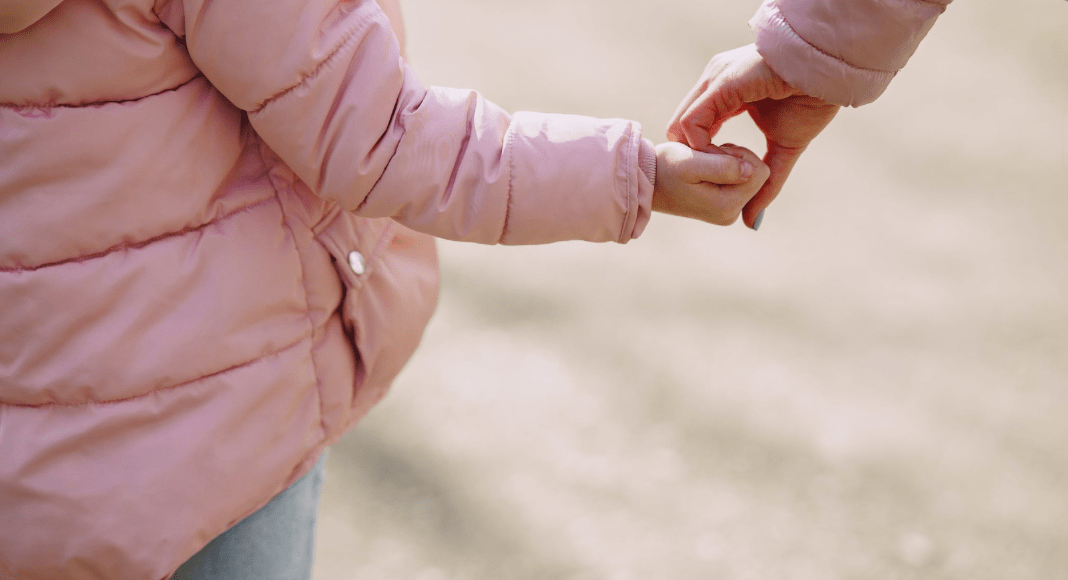 Time and time again, I am reminded of ideals and reality, the continual clashing of the two and the work before me of tempering my ideals to accept what is reality. When I spend time with my family, I certainly value peace and harmony, conversation, laughter, and fun with the absence of fighting, yelling, drama. Yet, when we live in close relationship with people, conflict is normal.
Time and time again, I am reminded of ideals and reality, the continual clashing of the two and the work before me of tempering my ideals to accept what is reality. When I spend time with my family, I certainly value peace and harmony, conversation, laughter, and fun with the absence of fighting, yelling, drama. Yet, when we live in close relationship with people, conflict is normal.
While conflict can be so challenging, it’s actually an opportunity for growth if we handle it with repair in mind.
Have you ever fought with your partner or someone close to you and ultimately became more hurt and upset, not about what originally triggered the conflict, but by what happened during the conflict? How you were treated, how you felt, and what you might have said or done yourself?
Sometimes, there is so much shame for words or actions brought about in a conflict that we turn away from our person. I don’t mean for a brief time out to catch our breath, feel calmer, and regulate our emotions, but a more significant kind of turning away. John and Julie Gottman’s marriage research emphasizes that it is the turning back towards our partner that is the very thing that matters most, much more than the conflict itself.
The same is true with our kids. Many of us have ideals of the kind of parent we are going to be. There are times when our ideals and reality might align, but the reality is that as real, authentic people, we make mistakes and may talk to our kids, react, yell, or handle situations in ways that are hurtful. Shame tells us to not speak of mistakes, to stay in darkness, to pretend like nothing happened, and yet there is another way.
We give our children a great gift when we can admit that we are not perfect all the time, that we made a mistake, and that we are sorry for how we treated them or acted in a situation.
This kind of movement towards repairing the relationship is more important than maintaining an ideal at all times. When we do this we communicate to our children that they matter to us and that we value connection with them. We also model some humility, self-awareness, and movement towards being more emotionally regulated ourselves.
We also communicate to our children a felt sense of emotional safety as we work to maintain connection with them. I love how Diane Poole Heller states “when we repair our boundaries after they have been ruptured, it reconnects us to a deep and necessary sense of safety.” (From her book The Power of Attachment: How to Create Deep and Lasting Intimate Relationships).
I can’t help but think of the implications of this for our children as they grow up. If they can know that conflict is normal at times, can be reconciled, that forgiveness is possible, that connection can come again after conflict, how might they be more prepared for close interpersonal relationships themselves?
Focusing more on repair and connection takes the pressure off of perfection as a parent and grounds me in what matters most. It’s a hopeful lens to view relationships because it means that even when things are hard, we are not stuck; instead, we can turn back towards our people.
















